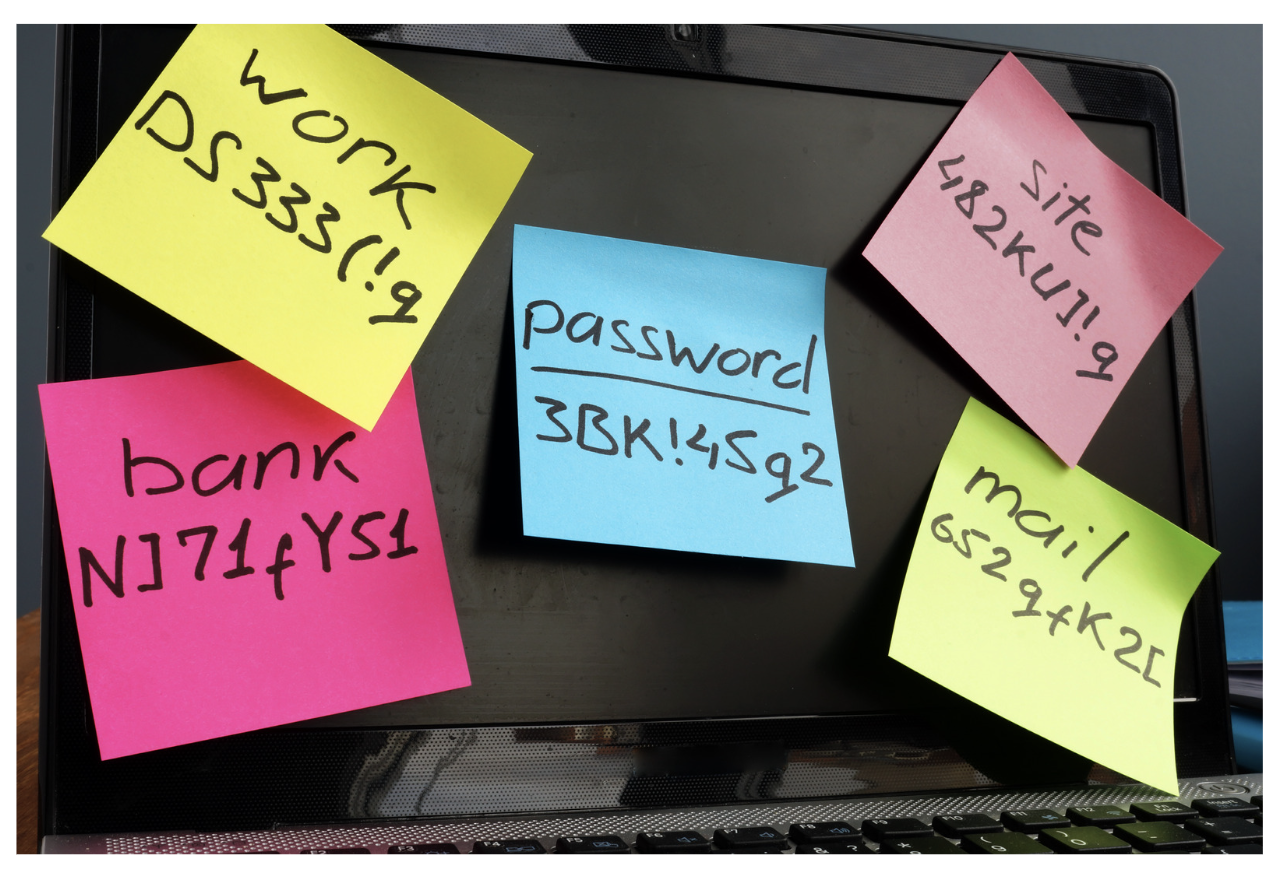
I can't stress enough how crucial password managers are for small businesses. They're not just a convenience tool. By using a password manager, you're significantly reducing your risk of falling victim to data breaches and cyber attacks. Plus, you're setting a great example for your team about the importance of cybersecurity best practices.
Imagine a password manager as a high-security bank vault:
-
The vault stores all your valuable items (passwords)
-
It has one master combination (your master password) that opens the vault
-
Inside, each item is stored in a separate, labeled safety deposit box (individual password entries)
-
The vault is protected by advanced security systems (encryption)
It’s not a perfect analogy, but gives you the idea.
Why You Need a Password Manager
-
Generates strong, unique passwords for all your accounts
-
Securely stores all your passwords in one place
-
Automatically fills in login information, saving you time and hassle
-
Helps protect your business from data breaches and hacking attempts
-
Simplifies password sharing with team members when necessary
Choosing a Password Manager
There are several excellent options available, but for beginners, I recommend NordPass or 1Password. Both offer user-friendly interfaces and robust security features. I’ve used a number of others — they are fundamentally similar. As a small business owner, you may want to decide whether you want your team to use it together, in which case you’ll choose one that allows that.
Saving passwords in your browser is not secure enough. It may seem convenient, but browsers are vulnerable. Real password manager browser extensions aren’t perfect, but general consensus is that they are much more secure and offer the same convenience.
The following instructions apply generally to most if not all password managers.
Step-by-Step Setup Guide
1. Download and Install
-
Visit the website of your chosen password manager
-
Download the app for your computer and smartphone
-
Install the browser extension for easy access while browsing
2. Create Your Account
-
Open the app and click "Sign Up" or "Create Account"
-
Enter your email address
-
Create a strong master password – this is the only password you'll need to remember from now on!
Pro Tip: Make your master password a long phrase that's meaningful to you but difficult for others to guess. For example: "MyDogLovesPizzaWith3ExtraToppings!” vs the cryptic short version of that phrase: “MDLPW3ET!” Look at how they compare:


3. Set Up Your Vault
-
After logging in, you'll see your empty password vault
-
Click the "+" or "Add" button to start adding your existing passwords
-
Enter the website, username, and current password for each account
Pro Tip: Start with the ten passwords you use the most and then add the rest as you need them. Delete them from other places as you add them.
4. Start Using Your Password Manager
-
When you visit a website, your password manager will offer to fill in your login details
-
If it's a new site, it will offer to generate a strong password and save it for you
This is the best part, for me — it saves so much time and aggravation trying to remember or come up with good passwords!
5. Update Existing Passwords
-
Gradually update your old, weak passwords with new, strong ones generated by your password manager
-
Log into each account, go to the "Change Password" section
-
Use your password manager to generate and save a new, secure password
6. Enable Two-Factor Authentication
-
For an extra layer of security, enable two-factor authentication (2FA) on your password manager account
-
This usually involves entering a code from your phone in addition to your master password
Tips for Daily Use
-
Always use the browser extension or app to fill in passwords – don't type them manually
-
Regularly review your stored passwords and update any that are old or weak
-
Use the password sharing feature when you need to give a team member access to an account (only if you can’t avoid sharing — every team member should have their own accounts.)
-
Take advantage of the secure notes feature to store other sensitive information, such as password hints or security questions, or for that matter your kids’ social security numbers or equivalent if you aren’t in the US, etc.
The Benefits You'll Experience
-
No more forgetting passwords or resetting accounts
-
Faster logins across all your devices
-
Peace of mind knowing your accounts are protected by strong, unique passwords
-
Easy password updates when needed, without the hassle of remembering new ones
-
Simplified onboarding and offboarding for team members
By following these steps, you'll be well on your way to a more secure and streamlined online experience. Remember, the initial setup might take a little time, but the long-term benefits for your business's security and your peace of mind are immeasurable. Don't hesitate to reach out if you have questions – I'm here to help you protect your business and simplify your digital life!


